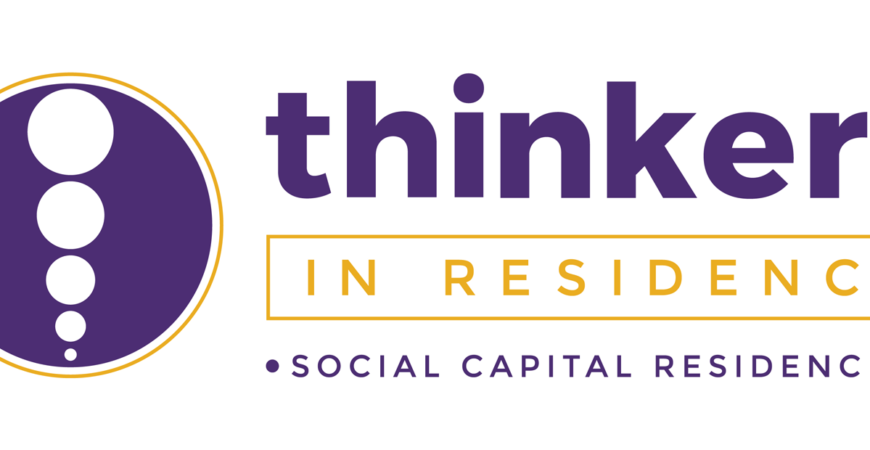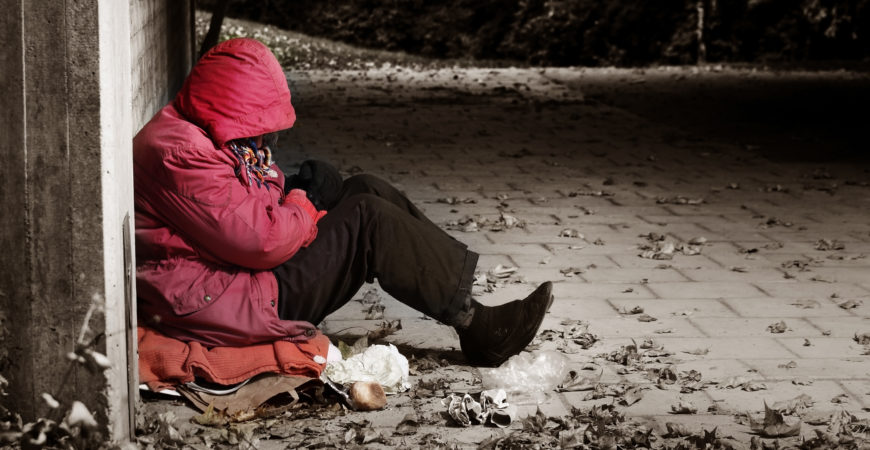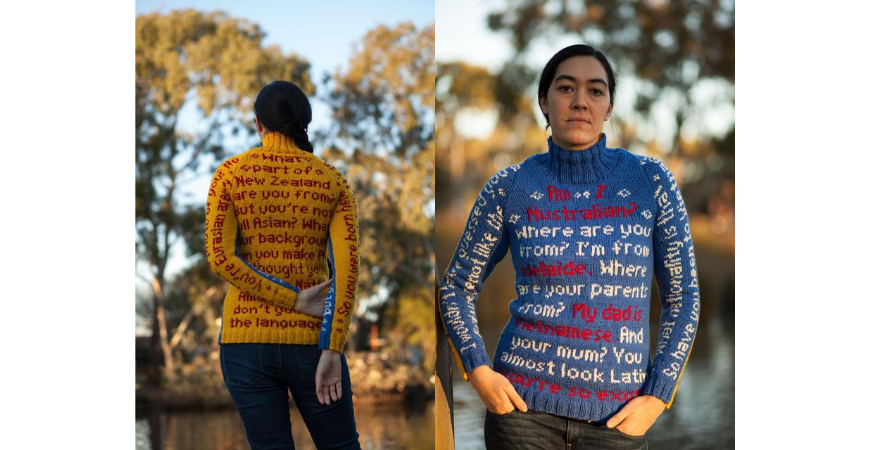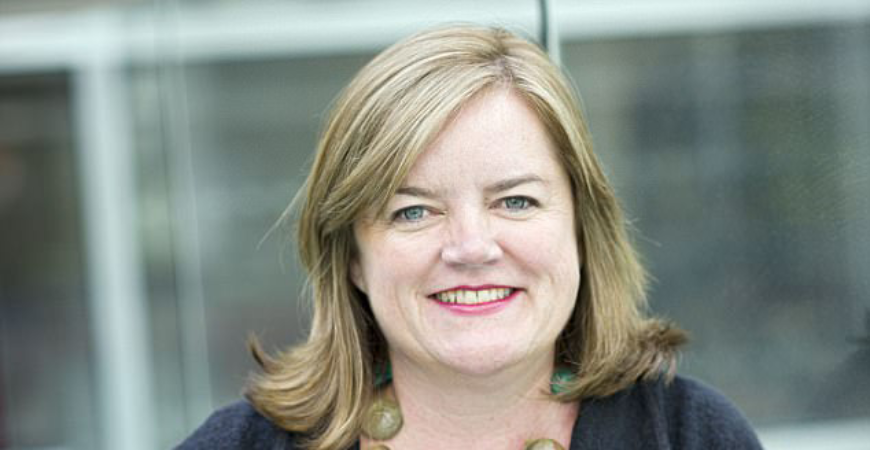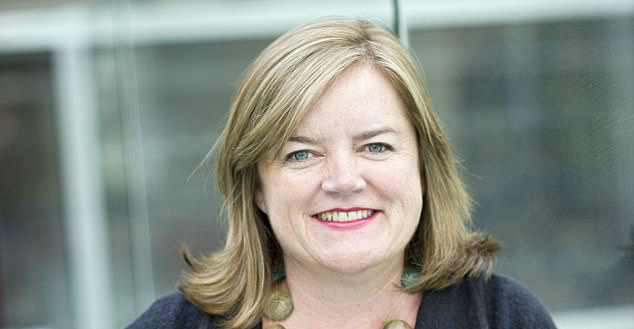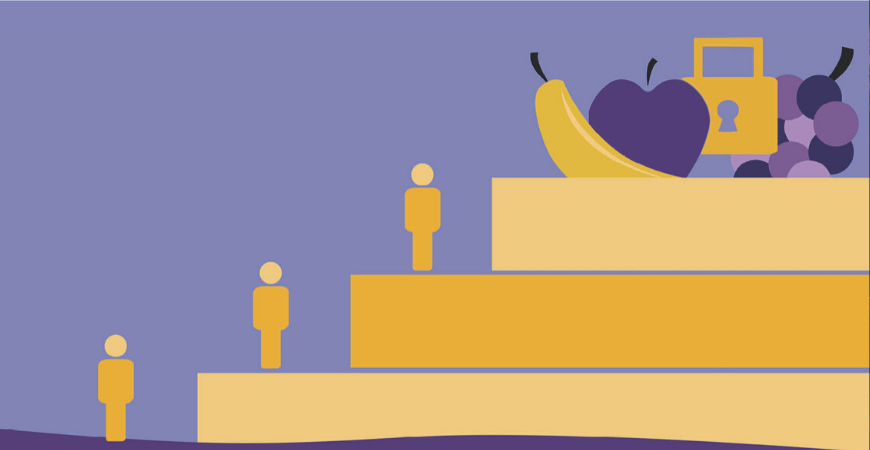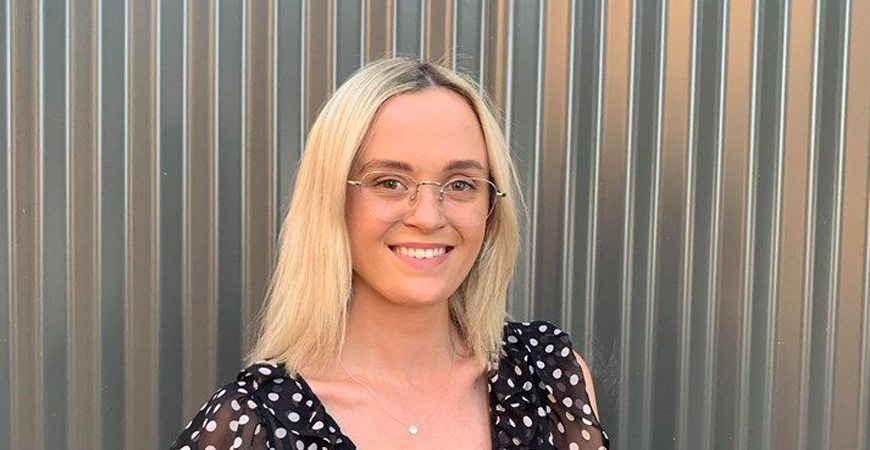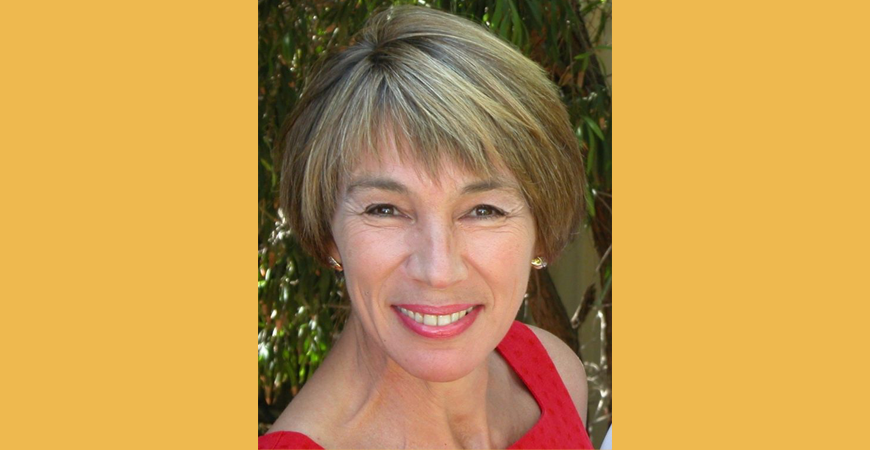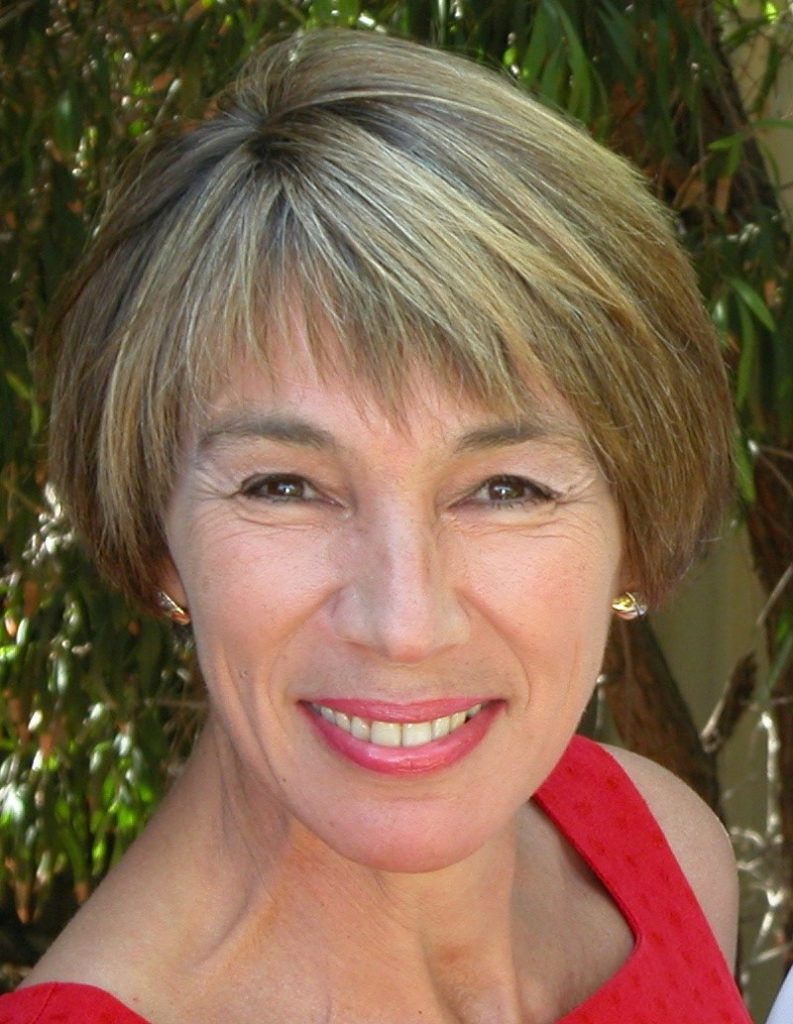SA’s creative thinkers stick together amid pandemic.

Written by Edward McLeish
Socially, culturally, politically and economically, it’s been a tough time for South Australia’s arts industry.
But
the state’s COVID-free circumstances would place it better against other
states’ creative sectors as it sings, dances, paints and plays its way out of a
pandemic.
That’s
according to a panel headlined by the Don Dunstan Foundation’s (DDF) first
Thinker in Residence Martin Elbourne – as he joined the who’s who of SA’s arts
industry for a webinar discussing the pandemic’s impacts on cultural
institutions.
Adelaide
Fringe CEO and Artistic Director Heather Croall facilitated the discussion – which
featured Mr Elbourne, Adelaide UNESCO City of Music Director Beck Pearce,
Adelaide Festival Artistic Director Rachel Healy and Art Gallery of South
Australia Director Rhana Devenport.
Miss
Pearce said the coronavirus had a ‘huge impact’ on creative industries –
especially in the form of live music.
‘The
main challenges were the restrictions to venues and music businesses,’ she
said.
‘In
terms of capacities and the ability to present live music, live performances
have been hugely impacted.
‘The
SA music industry contributes over $375 million – it’s a huge contributor to the
economy.’
Attracting
audiences to venues to dance to and interpret music has gone to a standstill;
the inability for the tourism industry to thrive and lure local audiences to
venues has dented SA’s economy.
So
SA’s music industry and its crusading musicians face sustainability issues as
they are constrained to paths of innovation, according to Miss Pearce.
‘Some
musicians implement income via hospitality and teaching, which are industries
that have also been impacted,’ she said.
Ms
Healy said international workers were a big part of the Adelaide Festival; historically,
the festival had attracted companies of up to 100 artists from around the world.
‘It’s
a time-limited international arts festival – and in the middle of a pandemic,
there are issues in programming,’ she said.
‘We’re
seeing a bit of work locked in for the 2021 festival, but the majority of work
for 2022; what we can’t fit in 2021 will impact how we program our ‘22 and ’23
years.’
Some
of the other issues Ms Healy raised included getting visas for international
artists through border control, an unwillingness for artists to travel and
quarantine, agencies unwilling to offer insurance for incoming artists, the
artists’ running costs mid and post-quarantine, and mental health issues.
‘Bureaucracy
and anxiety are the main challenges for artists,’ she said.
‘You have to commit to taking one step at a time and keep going until someone
tells you that you can’t keep going; everyone globally is in the same boat.
‘Most
arts workers are trying to figure out a situation where they’re not sleeping
out of their car.’
Ms
Devenport said while the visual artists were doing it tough, it didn’t compare
to live performers.
‘I
really feel for the live arts; the nature of the live art form is about people
being together,’ she said.
‘Without
artists, everything disappears.’
To
support some struggling visual artists, the Art Gallery of South Australia
provided six $10,000 bursaries for artists – not something galleries typically
do.
But
Ms Devenport said the gallery’s annual appeal had more support than ever.
‘We’ve
had lots of people deeply concerned about artists,’ she said.
Although
community funding was pleasing for the gallery, Ms Devenport hoped there would
be more financial support from the government for Australia’s creative
industries.
‘In
the UK, The Arts contributes seven per cent to its gross domestic product
(GDP), and gets one per cent of government support, whereas Australia’s
creative industries contribute 6.4 per cent to its GDP and only gets 0.25 per
cent of support,’ she said.
While
pandemic-specific challenges have impacted the arts industry, the COVID-19
crisis has provided opportunities for innovation among artists.
Mr
Elbourne – who joined the webinar from The UK – has ensured successes in the
music industry: booking artists at Glastonbury, co-founding WOMAD Festival and
promoting festivals globally.
As
the DDF’s first Thinker in Residence (2013), Mr Elbourne has evolved SA’s music
industry; he said the residency inspired his career’s path over the past seven
years.
One
of the recommendations he made in the position was bringing the UNESCO City of
Music office to Adelaide – currently headed by Miss Pearce.
Mr
Elbourne said there opportunities to thrive included utilising its warm climate
and rethinking the positioning of night clubs.
‘We
might see the end of Hindley St – that’s the worst street in Australia and it
ought to be the best street in Adelaide,’ he said.
‘What
I’d like to see is large indoor night clubs moved to the outskirts of the city
rather than the CBD – like Amsterdam and its super clubs.
‘The
last thing opening up will be those night clubs, when people are at an indoors
venue and singing and talking loudly – that’s a big no-no for quite some time.
‘But
Adelaide’s climate means even in winter, you can go out and do things.’
Ms
Healy said her team had been excited by opportunities for more outdoor
festivals.
‘There’s
always interesting opportunities to create works in non-traditional spaces that
will be safer and create an event opportunity,’ she said.
Other
ideas Ms Healy thought would bring masses together in a safe way included
drive-in concerts, Perspex barriers separating seats in theatres, contract
tracing and patron temperature checks.
Ms
Croall said transitioning to digital opportunities (including Zoom plays,
livestreaming and NEO Online) would meet the needs of some people unable to
attend events for health reasons.
‘We’ve
found ways to integrate innovations that we’ve got to roll out in the future,’
she said.
Miss Pearce said online platforms for a concert series would ‘break down
accessibility barriers’.
‘It’s
an opportunity to develop audiences over time,’ she said.
When
it came to whether SA was better or worse placed than other states and
countries, Ms Devenport said we were better placed as the majority of our
industry’s audiences are local.
‘Last
year, we had around a million visitors in a town of 1.3 million,’ she said.
Ms
Croall said punters within the SA bubble have an opportunity to “crack in” to
save the arts industry.
‘In
other galleries, 70 per cent of tickets come from out of town,’ she said.
“At
the Adelaide Fringe this year, we sold 850k tickets, and although there were 30,000
tourists, nearly a million tickets sold with most of them local.’
Moving
forward, the panel agreed more government funding to The Arts in SA was vital
in its revival, and there was an important story to be told about what creative
sectors provide households.
For
example, Miss Pearce said music was key for many areas of learning.
“Music teaches literacy, social cohesion, empathy and many other things; music
makes society better people and there’s a really important story to be told,’
she said.
Don
Dunstan Executive Director Ritchie Hollands closed the webinar by quoting Don
Dunstan:
The arts are an all-pervading part of our
everyday lives. They intrude on us without our realising it, so subtle is their
influence and so unrecognised their presence.
The DDF hosts Art
For Good, harnessing
opportunities in the arts for South Australians.
This includes
the South Australian Living Artists (SALA)
Award and the Our Mob Emerging Artist Award.
Previous
initiatives have included the Social Change Guide, which offers an overview of Adelaide Fringe Festival
events with a social change theme, and the Dunstan Film Club,
a quarterly movie event with a strong social justice message at its core.


